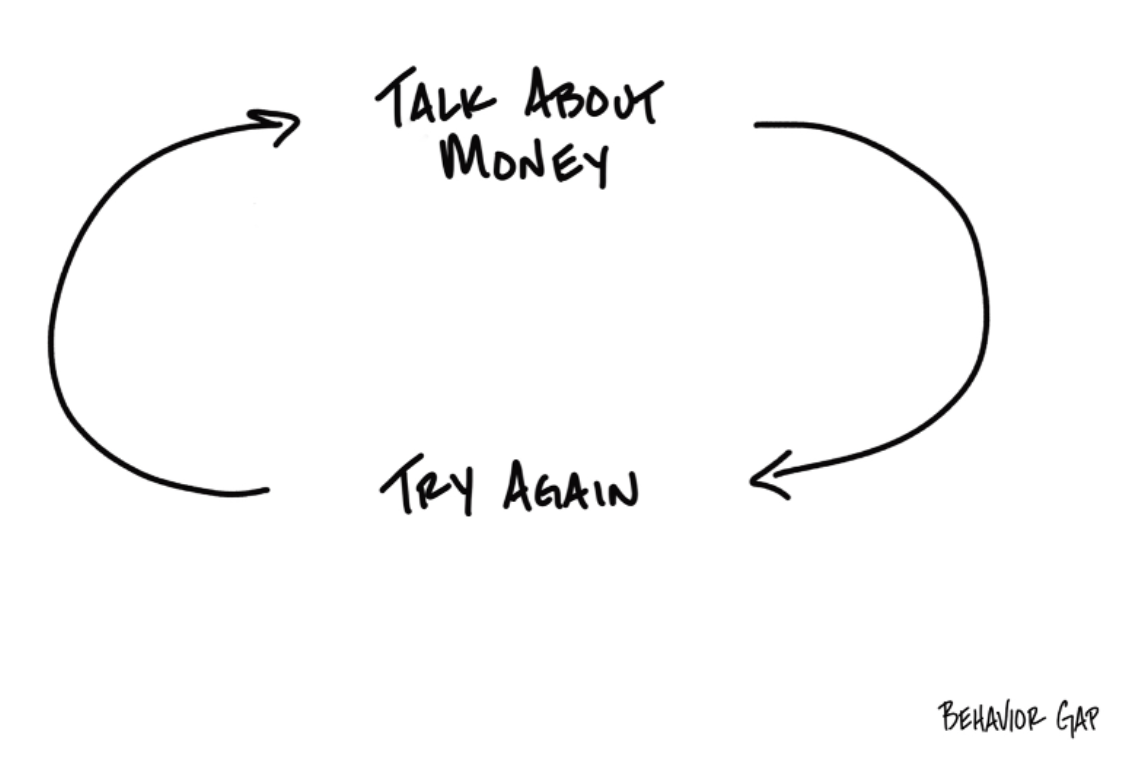Money Problems and Money Worries
I have edited most of what I had written for today’s post as I wanted to keep it light. Because the topic that I am about to bring up is very nuanced and critical. The reality is that many don’t even understand it. I didn’t for a long time until I got it at its core. Don’t believe me yet. Let’s begin with these 2 simple questions…
1. Is there a difference between money problems and money worries?
2. And if there is, what do you think the difference is?
Reflect on these questions for some time…In fact, meditate on these two…
Most people confuse between the two or rather think these two things are essentially the same. The truth as you may have guessed is different. There are many financial experts who assert that all it takes to solve your money problems is to earn more and spend less. They assert all it takes is to have more money…invest it well…earn higher returns…take life insurance…and leave a will…They also have many creative financial solutions for our money problems…such as trusts to protect our assets, strategies to save on taxes, relocating to other tax efficient jurisdictions and so on… All these solutions revolve around numbers…And we strongly believe that these solutions will solve our money problems… After all, aren’t we hiring the best professionals to solve our money problems?
At the same time, we all know that no matter how worried, scared, or excited we’re feeling, 2+2 always equals 4. But when it comes to money, 2+2 equals all kinds of emotions—like fear, greed, insecurity, pride, and more.
The sooner we realize this is true, the sooner we can begin having realistic expectations around what it’s like to talk about money.
Look, I get it. Talking about money is hard.
But just because it’s hard doesn’t mean we should avoid it. In fact, as is often the case with difficult things, talking about money can actually be very fulfilling once you learn to do it correctly. The first step, though, is simply to acknowledge what the conversation is about.
Money ≠ Math.
Money = Feelings
There is a powerful Richard Feynman (renowned physicist) quote that comes to mind, “Imagine how harder physics would be if electrons had feelings.”

Dealing with money is not about simply dealing with numbers…Even talking about money with your family members is like grabbing an electric fence you didn’t know was electric.
In other words, shocking. And not very pleasant.
It’s challenging for us to talk about money. Not just with each other, but with our parents, our children, even our siblings, and friends.
And you know what? That’s OK.
This, my friends, is one of the keys to talking about money: knowing that it’s going to be hard. Sometimes, it’s going to be painful. And that’s OK.
We’ve been taught that more money means better…The more we have, the better our lives will be. And when you have more money (and loads of it), you will never ever have to worry about money…In fact you are told, you will be happy when you have more money. But if this were true, why would there be conflicts about money in most families? There are brothers, sisters, spouses, friends, children, and partners all over the world fighting over money.
And if more money could solve everything, why would people with more than enough money still worry about it…And trust me there are multi-millionaires and billionaires who worry about money. The reality is that most people don’t have a healthy relationship with money.
Money problems happen because of various economic issues namely high inflation, unaffordable housing, low income, recessions (and job losses), an inability to control spending and many other reasons. In short many money problems are essentially math problems. These money problems require a range of financial solutions – many that are unique to our financial situations. Let me clarify that having more (or rather more than enough) money might solve many of your money problems until they start creating problems of their own. But that’s an entirely different topic for some other day.
Money worries on the other hand are a different animal. They are mostly emotional in nature. They arise even when people have a lot of money…In fact, as I mentioned previously, many rich people worry even when they have a lot of money… Some of the worries revolve around not having enough, wanting more, protecting that pot of money, growing it well, ensuring children develop a healthy relationship with money, and many others.
As I had mentioned in my last week’s post, money is a neutral force. It is not intrinsically good or evil. Instead, it’s our attitude towards money, our understanding of its role and purpose, and our use of it, that gives it moral and emotional weight. We need to reflect deeply on our desires, fears, and beliefs associated with money. This reflection should lead us to the understanding that money is a tool, a means to fulfil our needs, and not an end in itself. It’s then we might understand the role that money plays in our life, and we might indeed stop worrying about money…





 and then tap on
and then tap on 

0 Comments